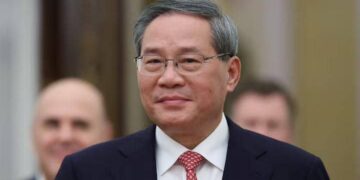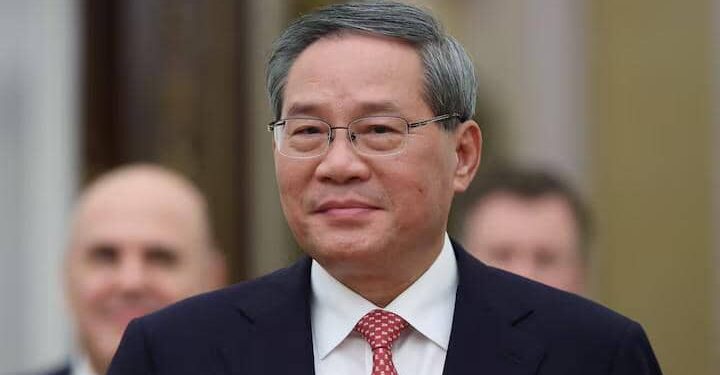By Enyichukwu Enemanna
For the first time in 28 years, Chinese Prime Minister, Li Qiangwill will this week visit Zambia as the sub-Sahara African nation emerges from a financial crisis, with Beijing demonstrating readiness to access high-valued mineral resources to develop a bigger market for its exporters.
China is Zambia’s largest official creditor, owed $5.7 billion and keen to highlight countries that are model members of President Xi Jinping’s flagship Belt and Road infrastructure initiative.
Beijing has said it would also like to show how it could assist African nations overcome their financial crisis.
The premier’s visit is part of a push to deepen China’s presence in the copper-rich country, aiming to rival Europe and the U.S. both of which position themselves as alternative benefactors, especially at a time that Zambia’s $13.4 billion in debt is on a more sustainable repayment plan.
Industrialising Zambia needs fresh investment in mining, infrastructure and production capacity, while China wants to boost exports of tractors, electrical equipment and construction vehicles.
The World Bank expects Zambia’s economy to grow 6.5% next year, outstripping an average of 5% over the past two decades.
“Li is going to bolster China’s presence in a strategically vital country,” said Eric Olander, co-founder of the China-Global South Project.
Both President Hakainde Hichilema and Chinese mining companies need support, he added.
Olander was referring to a February acid spill at a Chinese-run copper plant that dumped 50,000 cubic metres of contaminated water into the Kafue River, a key source of supply to millions of people, which is now a major election issue.
“China this year also approved a massive refurbishment of the Tazara Railway that is widely seen as a counter to the U.S./EU-backed Lobito Corridor.”
Han Jing, China’s ambassador to Zambia, said Li’s visit was expected to produce dozens of cooperation agreements, the embassy said on Facebook.
“The impact of Chinese aid and investments can be felt across the country as an important force for economic transformation and the social progress of Zambia,” Han said.




































